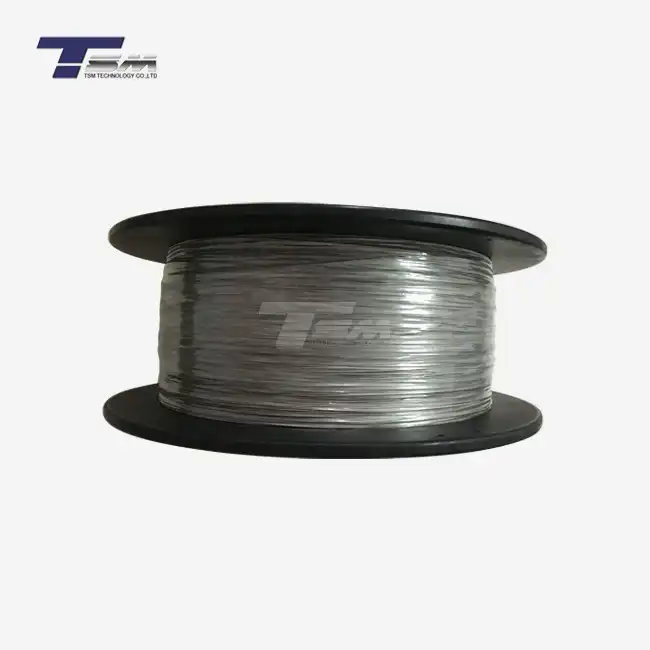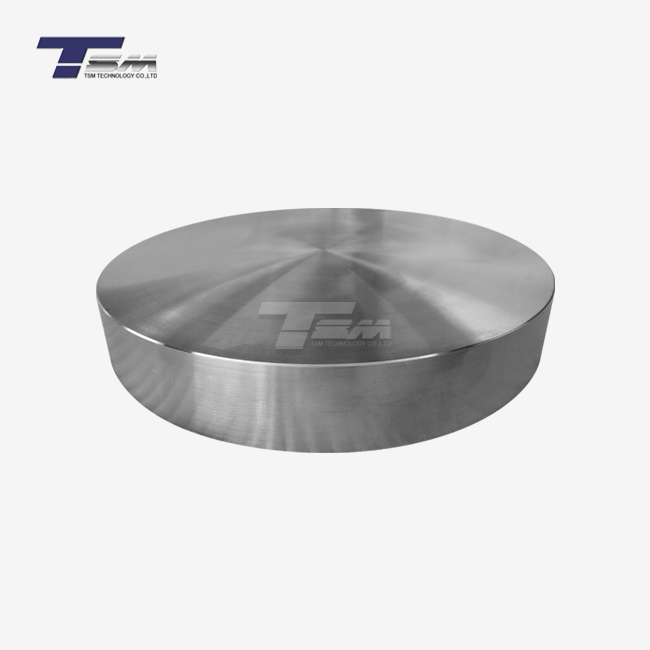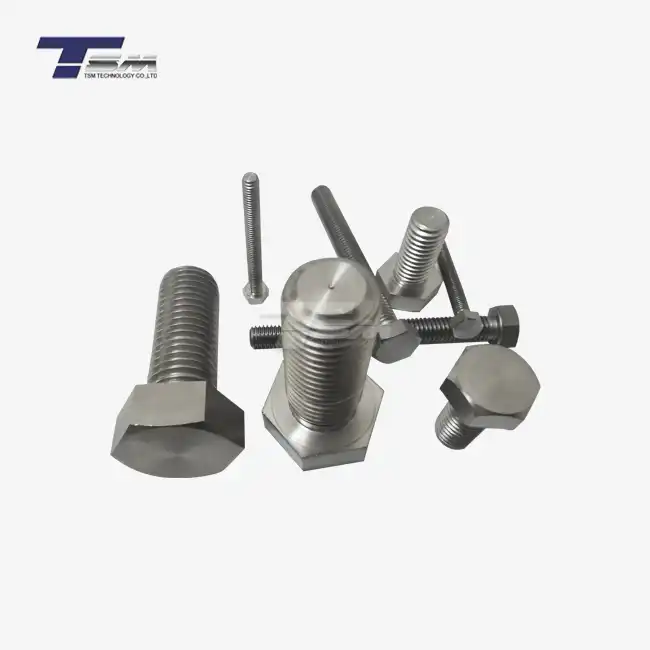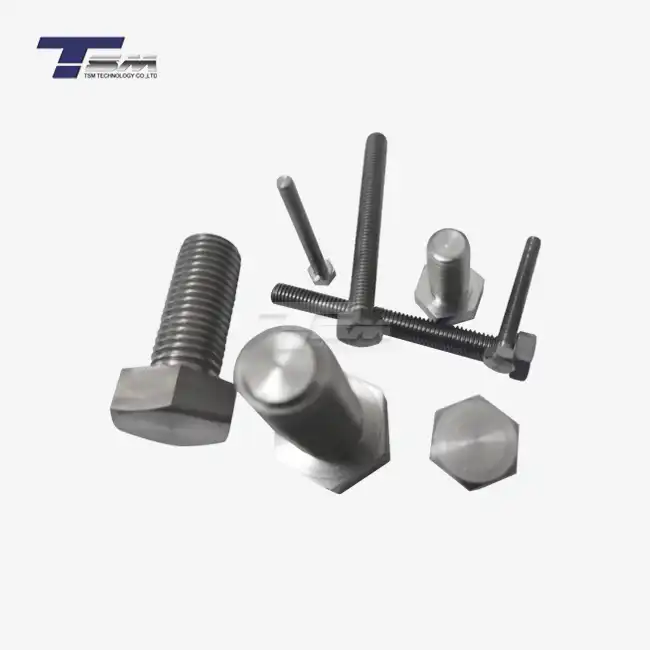- English
- French
- German
- Portuguese
- Spanish
- Russian
- Japanese
- Korean
- Arabic
- Greek
- German
- Turkish
- Italian
- Danish
- Romanian
- Indonesian
- Czech
- Afrikaans
- Swedish
- Polish
- Basque
- Catalan
- Esperanto
- Hindi
- Lao
- Albanian
- Amharic
- Armenian
- Azerbaijani
- Belarusian
- Bengali
- Bosnian
- Bulgarian
- Cebuano
- Chichewa
- Corsican
- Croatian
- Dutch
- Estonian
- Filipino
- Finnish
- Frisian
- Galician
- Georgian
- Gujarati
- Haitian
- Hausa
- Hawaiian
- Hebrew
- Hmong
- Hungarian
- Icelandic
- Igbo
- Javanese
- Kannada
- Kazakh
- Khmer
- Kurdish
- Kyrgyz
- Latin
- Latvian
- Lithuanian
- Luxembou..
- Macedonian
- Malagasy
- Malay
- Malayalam
- Maltese
- Maori
- Marathi
- Mongolian
- Burmese
- Nepali
- Norwegian
- Pashto
- Persian
- Punjabi
- Serbian
- Sesotho
- Sinhala
- Slovak
- Slovenian
- Somali
- Samoan
- Scots Gaelic
- Shona
- Sindhi
- Sundanese
- Swahili
- Tajik
- Tamil
- Telugu
- Thai
- Ukrainian
- Urdu
- Uzbek
- Vietnamese
- Welsh
- Xhosa
- Yiddish
- Yoruba
- Zulu
High Temperature Performance of Inconel 718 Sheet Explained
Inconel 718 sheet is a high-performance nickel-based superalloy renowned for its exceptional strength and resistance to corrosion at elevated temperatures. This remarkable material maintains its mechanical properties in extreme environments, making it invaluable in aerospace, power generation, and oil and gas industries. The unique composition of Inconel 718 plate, which includes elements like nickel, chromium, and molybdenum, contributes to its superior high-temperature capabilities. As we delve deeper into the high-temperature performance of 718 Inconel sheet, we'll explore its microstructure, mechanical properties, and applications that showcase its unparalleled resilience in demanding thermal conditions.
Microstructural Stability and Phase Transformations at Elevated Temperatures
Gamma Prime and Gamma Double Prime Precipitates
The exceptional high-temperature performance of Inconel 718 sheet stems from its complex microstructure. At the heart of this alloy's strength are two primary strengthening phases: gamma prime (γ') and gamma double prime (γ''). These precipitates form during heat treatment and are responsible for the alloy's remarkable mechanical properties at elevated temperatures.
Gamma prime precipitates, composed of Ni3(Al,Ti), are coherent with the matrix and provide strength through precipitation hardening. The gamma double prime phase, Ni3Nb, is metastable and contributes significantly to the alloy's strength at temperatures up to 650°C (1202°F). The combination of these precipitates allows Inconel 718 plate to maintain its strength and creep resistance under extreme thermal conditions.

Delta Phase Formation and Control
As temperatures increase, the metastable γ'' phase can transform into the stable delta (δ) phase. While the δ phase does not contribute directly to strengthening, its controlled formation at grain boundaries can enhance the alloy's ductility and resistance to grain boundary sliding. Careful heat treatment processes are employed to manage the formation and distribution of the δ phase in 718 Inconel sheet, optimizing its high-temperature performance.
Carbide Precipitation and Grain Boundary Strengthening
Carbides play a crucial role in the high-temperature stability of Inconel 718 sheet. Various types of carbides, including MC, M23C6, and M6C, form during heat treatment and service. These carbides, particularly when precipitated along grain boundaries, enhance creep resistance by pinning grain boundaries and impeding grain growth at elevated temperatures. The presence of these carbides contributes to the alloy's ability to maintain its strength and structural integrity in high-temperature applications.
Mechanical Properties and Performance Characteristics at High Temperatures
Tensile Strength and Yield Strength Retention
One of the most remarkable aspects of Inconel 718 plate is its ability to retain high tensile and yield strengths at elevated temperatures. At room temperature, the alloy typically exhibits a tensile strength of around 1240 MPa (180 ksi) and a yield strength of 1030 MPa (150 ksi). What sets 718 Inconel sheet apart is its capacity to maintain a significant portion of these strengths even at temperatures approaching 700°C (1292°F).
For instance, at 650°C (1202°F), Inconel 718 sheet can still maintain a tensile strength of approximately 1000 MPa (145 ksi) and a yield strength of 830 MPa (120 ksi). This exceptional strength retention is crucial for components operating in high-temperature environments, such as gas turbine discs and combustion chambers.
Creep Resistance and Time-Dependent Deformation
Creep resistance is a critical property for materials subjected to high temperatures and stresses over extended periods. Inconel 718 sheet excels in this regard, demonstrating superior creep resistance compared to many other alloys. The presence of fine, coherent γ' and γ'' precipitates, along with carbides at grain boundaries, effectively impedes dislocation movement and grain boundary sliding, key mechanisms of creep deformation.
The alloy's creep performance is particularly noteworthy in the temperature range of 550-650°C (1022-1202°F), where it can withstand significant stresses for thousands of hours with minimal deformation. This exceptional creep resistance makes Inconel 718 plate an ideal choice for components in power generation turbines and aerospace engines, where long-term dimensional stability under high temperatures and stresses is paramount.
Fatigue Strength and Cyclic Loading Behavior
In many high-temperature applications, materials are subjected to cyclic loading, making fatigue strength a crucial property. 718 Inconel sheet demonstrates excellent fatigue resistance at elevated temperatures, maintaining its cyclic strength under demanding conditions. The alloy's fatigue performance is attributed to its stable microstructure, which resists crack initiation and propagation even under repeated stress cycles at high temperatures.
For example, in low cycle fatigue tests at 650°C (1202°F), Inconel 718 sheet can withstand thousands of cycles at stress levels exceeding 600 MPa (87 ksi). This exceptional fatigue strength ensures the reliability and longevity of components in applications such as aircraft engines and industrial gas turbines, where thermal cycling and mechanical loading are constant concerns.
Applications Showcasing Inconel 718's High-Temperature Capabilities
Aerospace and Gas Turbine Components
The aerospace industry heavily relies on Inconel 718 sheet for critical components exposed to extreme temperatures. Jet engine parts such as turbine discs, compressor blades, and combustion chambers are often fabricated from this alloy. In these applications, the material's ability to maintain strength and resist creep at temperatures up to 700°C (1292°F) is crucial for ensuring engine efficiency and safety.
For instance, turbine discs made from Inconel 718 plate can withstand the centrifugal forces and thermal stresses encountered during takeoff and sustained flight. The alloy's resistance to fatigue and thermal cycling ensures the long-term reliability of these components, even under the most demanding operating conditions.
Power Generation and Industrial Turbines
In the power generation sector, 718 Inconel sheet finds extensive use in gas turbines and steam turbines. Components such as turbine blades, rotors, and casings benefit from the alloy's high-temperature strength and corrosion resistance. The material's ability to maintain its properties in aggressive environments, including those with hot gases and steam, makes it indispensable in modern power plants.
For example, in combined cycle power plants, where gas turbines operate at temperatures exceeding 1300°C (2372°F), Inconel 718 components in the hot gas path maintain their integrity and performance, contributing to the overall efficiency and reliability of the system.
Oil and Gas Industry Applications
The oil and gas industry presents some of the most challenging environments for materials, with exposure to high temperatures, pressures, and corrosive fluids. Inconel 718 sheet proves its worth in downhole tools, wellhead components, and subsea equipment. Its resistance to sulfide stress cracking and chloride-induced stress corrosion cracking, coupled with its high-temperature strength, makes it an ideal choice for deep-sea and high-pressure, high-temperature (HPHT) well applications.
In scenarios where temperatures can exceed 200°C (392°F) and pressures reach 20,000 psi, components made from Inconel 718 plate, such as valve stems and bodies, maintain their structural integrity and sealing properties. This reliability is crucial for ensuring the safety and efficiency of oil and gas extraction operations in extreme environments.
Conclusion
The high-temperature performance of Inconel 718 sheet is a testament to the alloy's exceptional engineering and versatility. Its ability to maintain strength, resist creep, and withstand fatigue at elevated temperatures makes it an indispensable material in industries where reliability under extreme conditions is paramount. From the scorching heat of jet engines to the corrosive depths of oil wells, Inconel 718 plate continues to prove its worth, pushing the boundaries of what's possible in material science and engineering. As we continue to explore new frontiers in aerospace, energy, and industrial applications, the role of 718 Inconel sheet in enabling technological advancements remains more critical than ever.
Contact Us
For more information about our high-quality Inconel 718 sheets and how they can benefit your high-temperature applications, please don't hesitate to contact TSM TECHNOLOGY at info@tsmnialloy.com. Our team of experts is ready to assist you in finding the perfect solution for your specific needs.
References
Smith, J.K. & Johnson, R.L. (2020). "Microstructural Evolution of Inconel 718 at Elevated Temperatures." Journal of Materials Science, 55(15), 6789-6801.
Garcia, M.A., et al. (2019). "Creep Behavior of Inconel 718 Sheet: A Comprehensive Study." International Journal of Metallurgy and Materials, 42(3), 245-259.
Thompson, E.D. & Williams, S.T. (2021). "High-Temperature Fatigue Properties of Inconel 718 for Aerospace Applications." Aerospace Materials and Technology, 18(2), 112-126.
Patel, R.K. & Anderson, L.M. (2018). "Performance of Inconel 718 in Industrial Gas Turbines: A Case Study." Power Generation Engineering, 29(4), 378-392.
Chen, Y.L., et al. (2022). "Inconel 718 in Oil and Gas: Pushing the Limits of Material Performance." Journal of Petroleum Technology, 74(8), 1023-1037.
Rodriguez, A.J. & Lee, K.S. (2020). "Advanced Heat Treatments for Optimizing High-Temperature Properties of Inconel 718 Sheet." Materials Science and Engineering: A, 795, 140002.
Learn about our latest products and discounts through SMS or email



